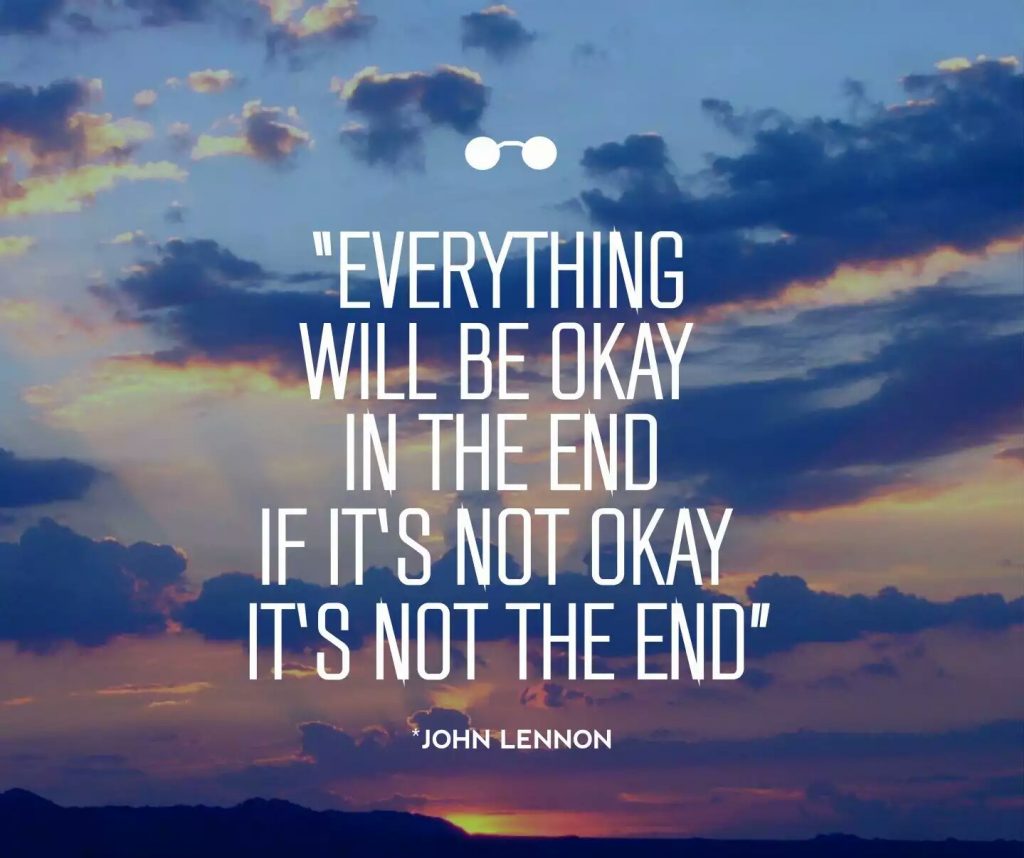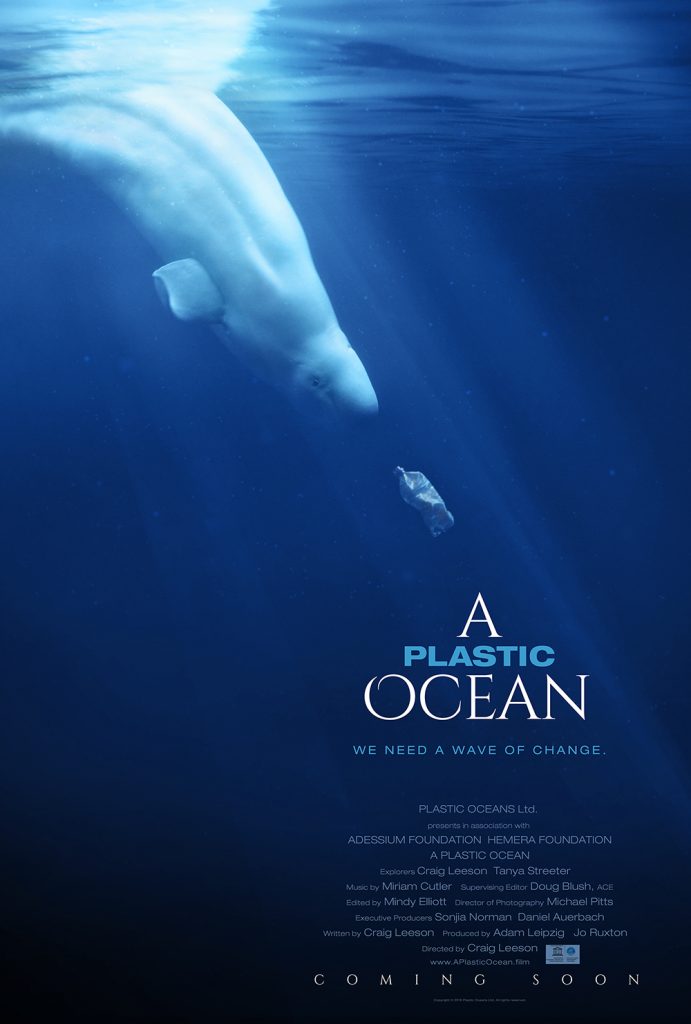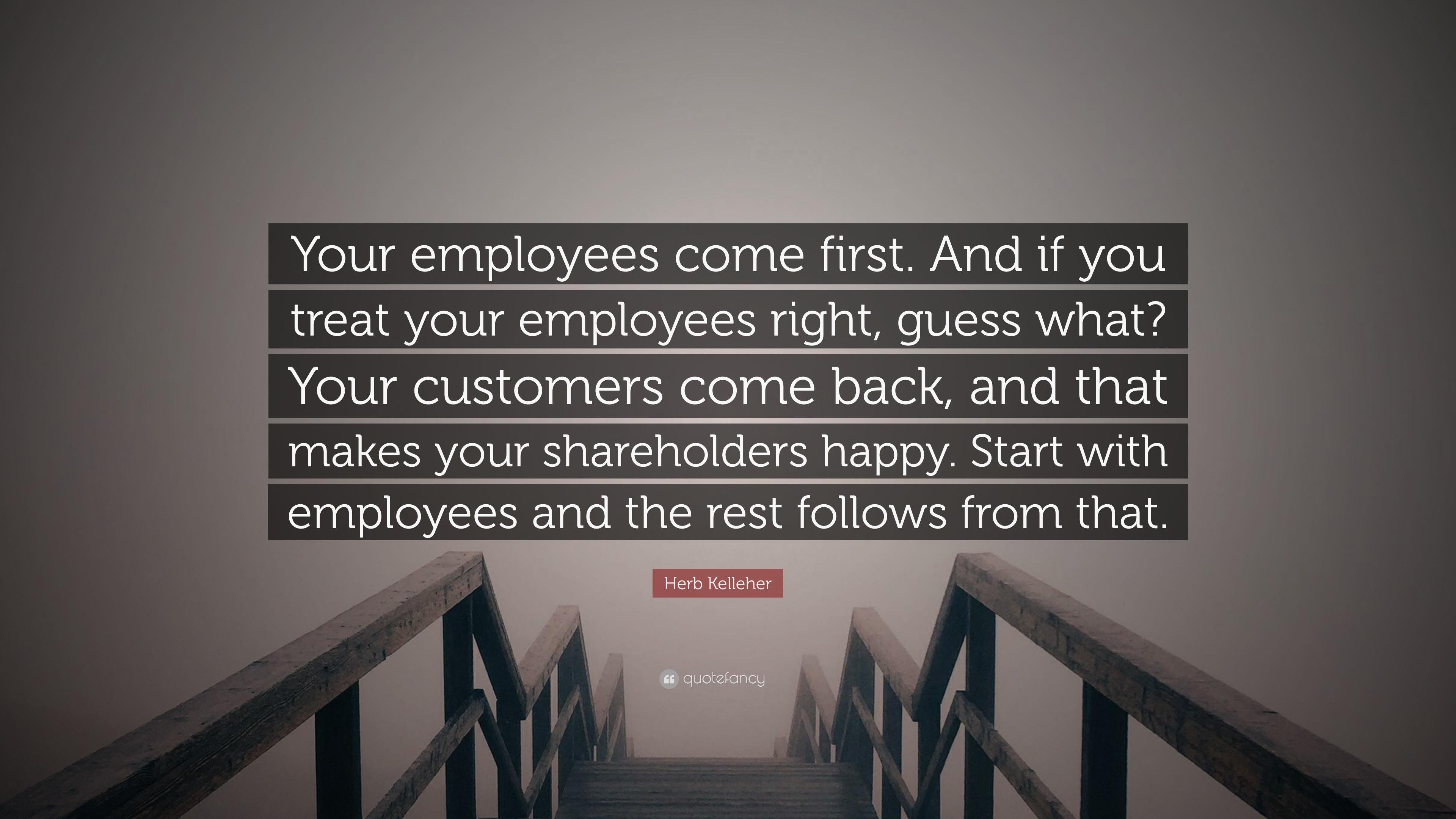My daughter quoted John Lennon today. A bright ray of optimism in the unstable and changing world. Stay strong and don’t lose hope. Improve yourself and those around you daily.

Negotiation practices, food for thought and hacks
My daughter quoted John Lennon today. A bright ray of optimism in the unstable and changing world. Stay strong and don’t lose hope. Improve yourself and those around you daily.


How many bio shampoos can one shelf hold? 🙂
And when it’s all done by just one same supplier?
And how can one certify oil derivatives as bio or non-bio? There were no pesticides when dinasaurs lived, so all oil and its derivatives, including plastic, resins and rubber are “bio”.
That makes super glue bio too btw.
If you cannot convince, confuse…

I’ve been regularly following Ben (Benoit) Lecomte‘s incredible 190 day-long swim through plastic-filled Pacific Ocean. Incredible heroic human achievement, priceless scientific research on consequences of Fukushima radioactive polution and an exploration of the Great Pacific Garbage Patch. Thanks to the Longest Swim team, we have a clear picture of the devastating impact on nature our so called “progress” has brought.
Here is Ben’s gruesome summary of his findings.

Just watched “A Plastic Ocean” documentary by Craig Leeson on Netflix.
It shows a horror of plastic that contaminates literally all ocean, penetrating all life forms, killing marine animals and birds ending up on our plates poisoning us with toxins.
But what is estonishing is that long before we learnt how to separate and recycle, we have been burning waste, generating electricity.
Today’s technologies allow to use plasma to transform all waste into simple organics, breaking all toxins into simple elements. These modern burning facilities already exist in Norway and Germany and the company shown in the documentary producing scalable waste-to-energy solutions is called PyroGenesis Canada.
Naturally, I’ve checked out the company, their story and their financial documents. Poor lads are about to get bankrupt. They simply don’t have enough orders to stay afloat. Contrary to plastic…

author unknown
My dear,
Find what you love and let it kill you. Let it drain you of your all. Let it cling onto your back and weigh you down into eventual nothingness. Let it kill you and let it devour your remains. For all things will kill you, both slowly and fastly, but it’s much better to be killed by a lover.
~ Falsely yours, Charles Bukowski
Reading “Start with Why” I came to this brilliant quote from Herb Kelleher, creator of the Southwest, one of the world’s most successful budget airlines.

Remember my cat, the greatest negotiator ever?
He could open any door and get what he wanted effortlessly. Well, he was ran over by a car last week-end.
And I guess there is a lesson to be learnt from this awfull tragedy: No matter how great you are at what you do, the reality is like a truck. It will run you over one day if you don’t pay attention.

